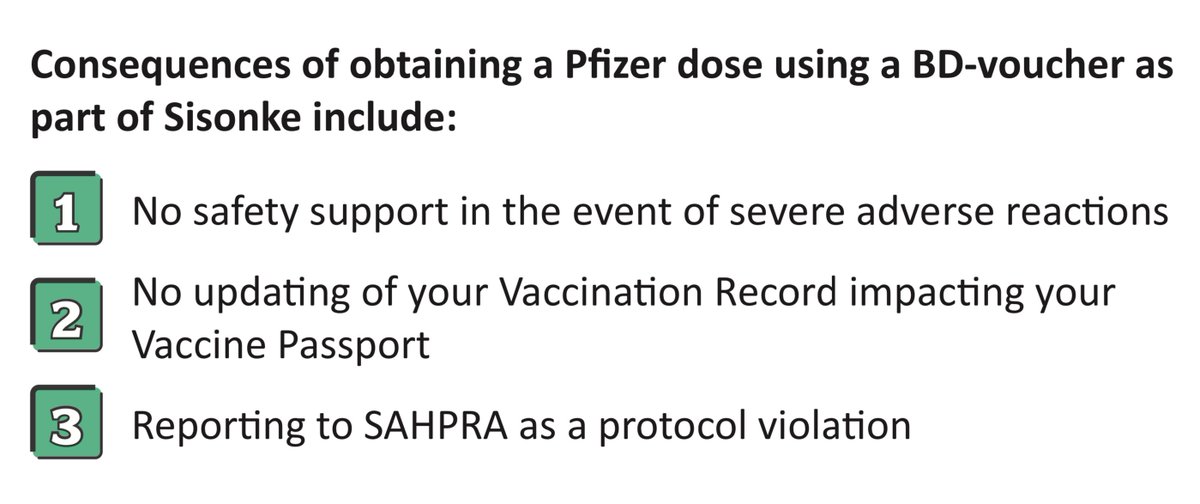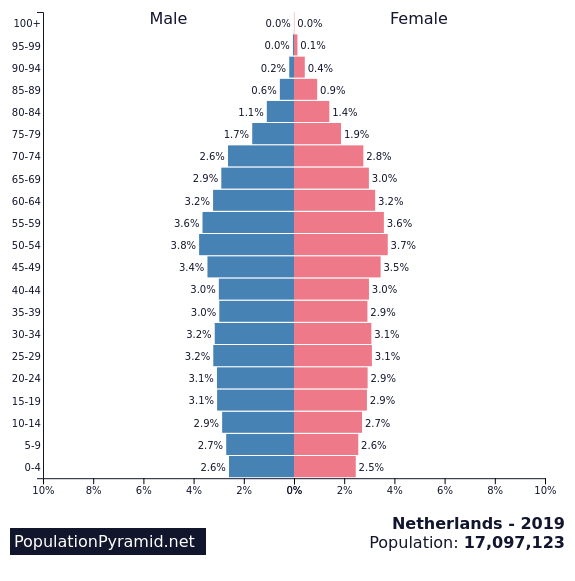
One could say the ability to adapt one's beliefs in response to new evidence is 1 of 2 essential characteristics of a scientific mindset. The other one is the ability to use theory to formulate new hypotheses.
arstechnica.com/science/2021/1…
arstechnica.com/science/2021/1…
If you then think experts should have a scientific mindset (and I'd suggest you should, or you'd just have someone who's only right when they're lucky, and wrong other times), then you'd want your experts to change their position when presented with evidence that contradicts it.
Interestingly using theory to back a hypothesis and adapting beliefs to data are in tension: if you hold on to an incomplete/outdated theory too strongly, you can fail to accept new data. This is indeed a major contributing factor to scientific debate.
The resolution comes when either theory or data are conclusively refuted. For theories, a new one to explain the new data is often needed before people will bury the old one. When it's field-defining, these become the scientific revolutions (paradigm shifts) described by Kuhn.
But even on a small scale, the tension between theory and data occurs in scientific practice. I am not sure this is communicated to non-scientists enough. Seems many people just want one answer and will take uncertainty or debate as scientists not knowing what they are doing.
To summarize:
Scientific definition of expert: someone with the knowledge and approach to assess data and come to the best possible conclusion about what it means
Media definition of expert: someone with nice-sounding credentials who will make the point you are looking for
Scientific definition of expert: someone with the knowledge and approach to assess data and come to the best possible conclusion about what it means
Media definition of expert: someone with nice-sounding credentials who will make the point you are looking for
• • •
Missing some Tweet in this thread? You can try to
force a refresh










